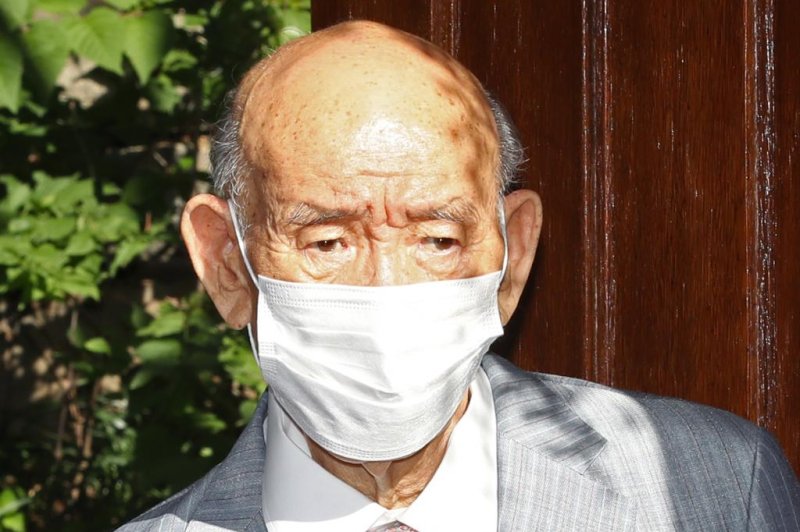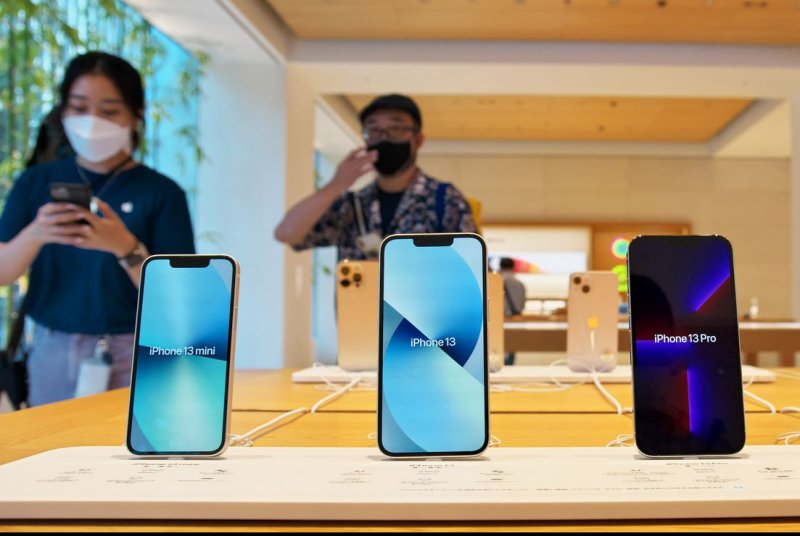END THE DEATH PENALTY
Missouri Judge exonerates Kevin Strickland after 43 years in prisonBy Rich Klein
Nov. 23 (UPI) -- A Missouri Judge ordered Kevin Strickland to be released from prison Tuesday after serving 43 years behind bars in the state's longest known wrongful imprisonment.
Missouri Court of Appeals Judge James Welsh set aside Strickland's 1979 conviction of a triple murder and ordered his immediate release Tuesday, two weeks after an evidentiary hearing during which prosecutors argued Strickland's innocence was "clear and convincing."
Strickland's case is the longest wrongful imprisonment in Missouri history and one of the longest wrongful convictions in the nation.
The release of Strickland, 62, came after an eyewitness to the April 25, 1978, incident -- in which three people were shot to death -- recanted her statements, saying that she misidentified Strickland.
Jackson County Prosecutor Jean Peters Baker relied on a new state law intended to free people who have been imprisoned for crimes they didn't commit to advocate for an evidentiary hearing, NPR reported.
In ordering Strickland's release, Welsh said: "No physical evidence implicated Strickland in the triple homicide. Instead, Strickland was convicted solely on the eyewitness testimony of (Cynthia) Douglas, who subsequently recanted her statements identifying him as one of the four perpetrators."
The order also said that, "Under these unique circumstances, the Court's confidence in Strickland's conviction is so undermined that it cannot stand, and the judgment of conviction must be set aside. The State of Missouri shall immediately discharge Kevin Bernard Strickland from its custody."
RELATED Oklahoma Gov. Stitt commutes prisoner's sentence hours before planned execution
Strickland is not expected to receive compensation for the wrongful conviction and imprisonment under Missouri law because payments can only be made to prisoners who prove they are innocent through a specific DNA testing statute, the Kansas City Star reported.
Strickland is not expected to receive compensation for the wrongful conviction and imprisonment under Missouri law because payments can only be made to prisoners who prove they are innocent through a specific DNA testing statute, the Kansas City Star reported.
An investigation by the Kansas City Star played a key role in the government's decision to review the case. The newspaper said that Strickland's first trial in 1979 ended in a hung jury of 11 to one, with the only Black juror holding out for acquittal. He was later convicted by an all-White jury of one count of capital murder and two counts of second-degree murder, the newspaper said.
RELATED Longtime inmate and key figure in juvenile sentence reforms finally wins parole
In May, the Midwest Innocence Project filed a petition of habeas corpus asking the Missouri Supreme Court to overturn his conviction.
Earlier this year, Strickland told ABC News that he hoped to travel upon his release from prison.
"I want to go to the ocean," he said. "I've never been on a beach."











